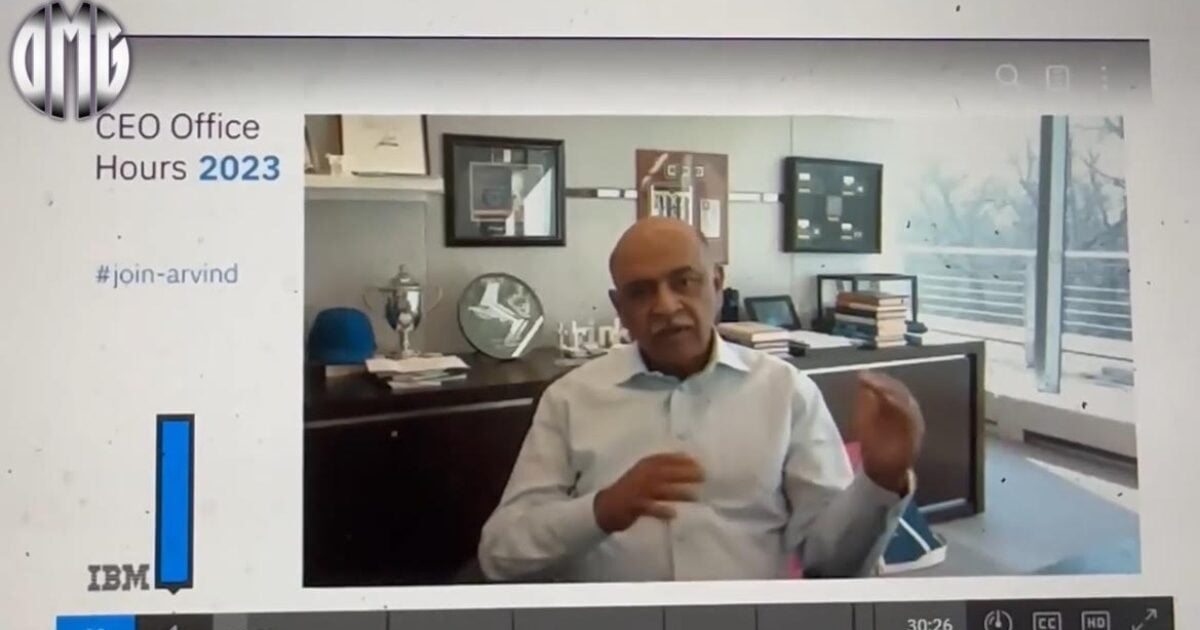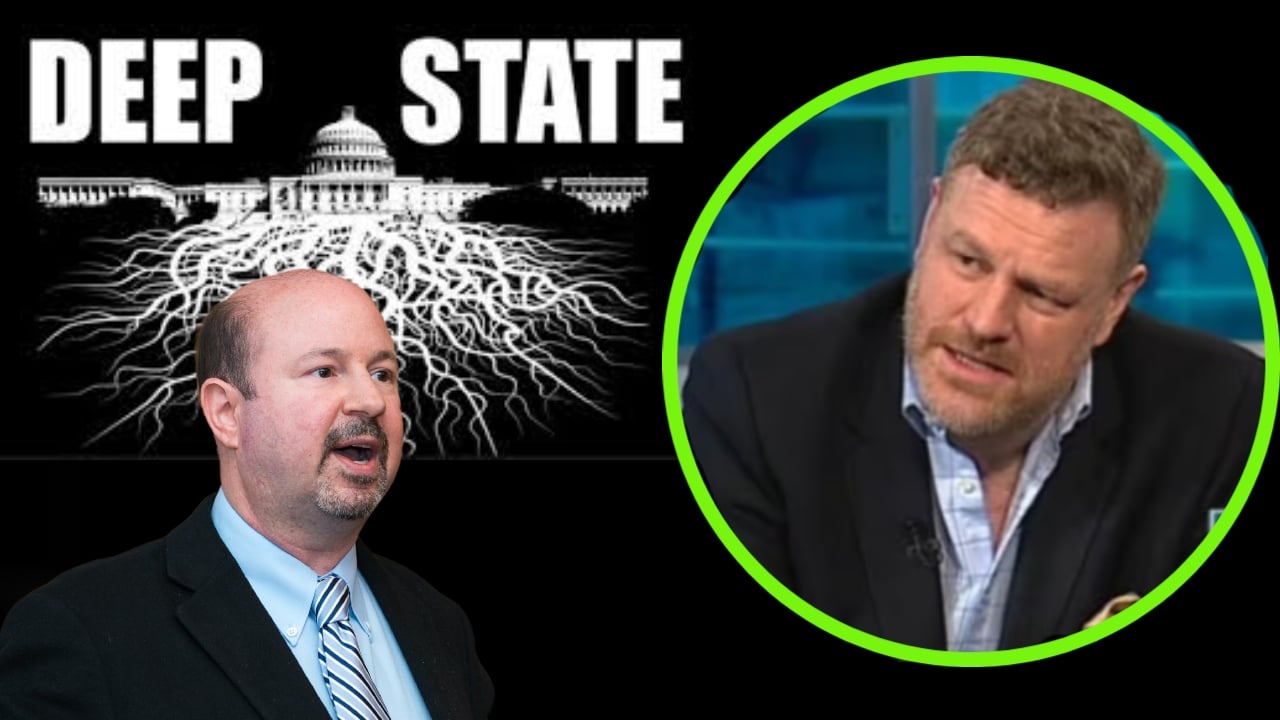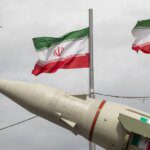Senator Rodrigo Paz Pereira, son of former President Jaime Paz Zamora, has secured a decisive victory with a margin of over nine points against former President Jorge “Tuto” Quiroga, bringing an end to two decades of dominance by the Movement Toward Socialism (MAS). His win marks the return of order, transparency, and traditional values to Bolivia’s political core.
In a historic moment for the Andean nation, Senator Rodrigo Paz Pereira achieved a resounding victory in Bolivia’s presidential runoff election, garnering 54.6% of the vote compared to the 45.4% obtained by Jorge “Tuto” Quiroga.
This result closes a chapter of left-wing governance that, over two decades, plunged the country into clientelism, economic mismanagement, and institutional decay.
Official results, released by the Supreme Electoral Tribunal, indicate that with 97% of ballots counted, the trend is irreversible.
This victory signals a profound shift toward a center-right direction, where order, legitimate authority, family values, and respect for tradition are reinstated as priorities.
The defeat of the left has been as decisive as it is symbolic. The Movement Toward Socialism (MAS), which for years monopolized power with its populist “redistribution” rhetoric, saw its support drop to just 3% in the first round.
The country has rejected economic experiments and interventionism that stifled productivity and fueled corruption. Citizen turnout—ranging between 85% and 89% of the electorate—bolsters the legitimacy of the new leadership.
In his victory speech, Rodrigo Paz promised a “capitalism for all,” a growth model rooted in individual responsibility, private initiative, and honest work.
The change is not merely political; it is moral. Bolivia emerges from an era of division and resentment to reclaim a sense of duty, stability, and trust in institutions.
After years of runaway inflation—exceeding 20%—and shortages of foreign currency and fuel, citizens have demanded a serious administration to restore predictability to the nation.
Rodrigo Paz, son of former President Jaime Paz Zamora, embodies a blend of institutional continuity and moral renewal. His rise to power symbolizes the return of legitimate authority, respect for the law, and the recognition of personal merit over political favoritism.In contrast to the worn-out socialist slogans, a modern yet firm vision emerges: one that places work, security, and family at the heart of prosperity.
The Bolivian left, accustomed to selling illusions of equality at the expense of economic ruin, has been defeated not only at the ballot box but also on moral grounds. After promising justice, it delivered poverty; after preaching inclusion, it fostered division. Its outdated, hollow discourse has met a citizenry tired of empty promises.
With this vote, Bolivia reminds Hispanic America that stability is built on effort, not subsidies; that authority is order, not oppression; and that freedom means self-reliance, not dependence on the state.
The new president will assume office on November 8, 2025, committed to revitalizing the economy, attracting investment, ensuring security, and rebuilding the social fabric eroded by populism.
The left’s defeat in Bolivia is not an isolated event; it is a regional symptom. Peoples weary of state control, hate-filled rhetoric, and ideological manipulation are beginning to reclaim common sense. The socialism of the 21st century dissolves amid scandals, poverty, and exhaustion. Bolivia celebrates the return of freedom, dignity, and order.
READ MORE:
About The Author















